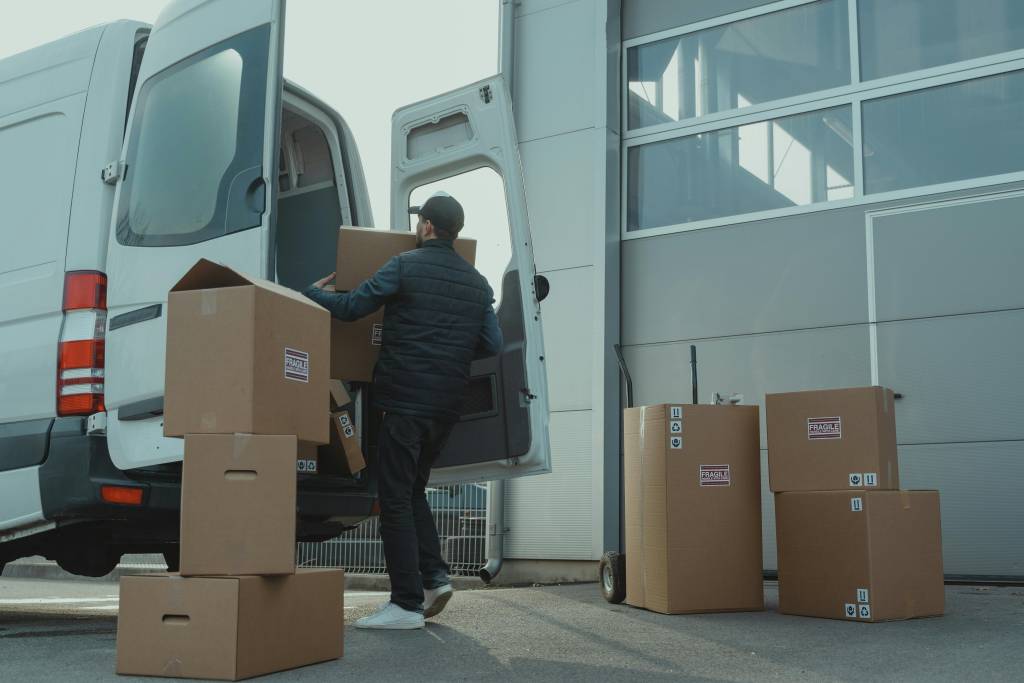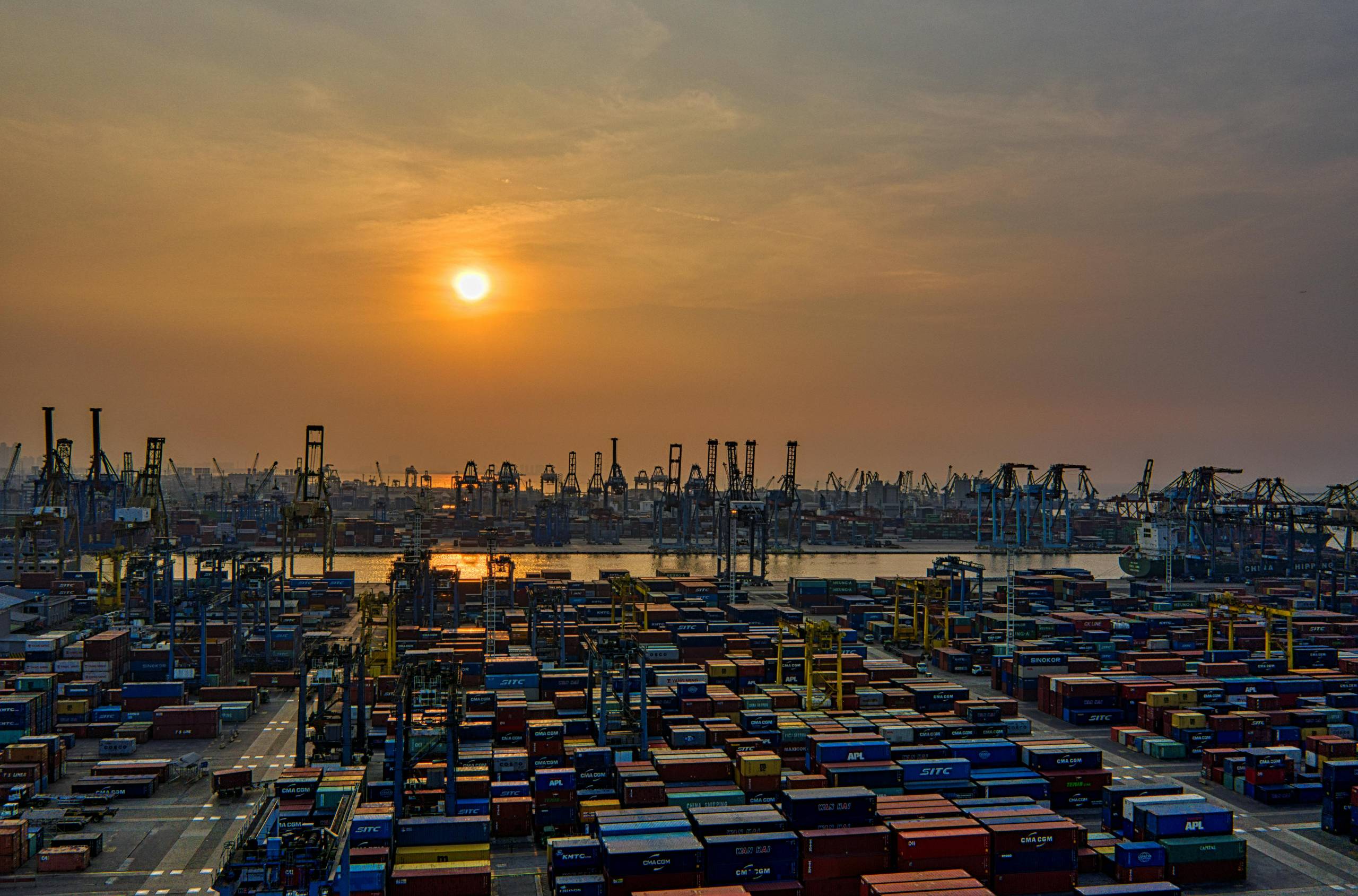The logistics industry is undergoing a remarkable transformation, driven by technological advancements and shifting consumer expectations. As freight becomes more interconnected and efficient, businesses are embracing innovations to streamline operations, reduce costs, and meet sustainability goals. Here’s a look at the future of freight and the groundbreaking innovations shaping logistics.
1. Autonomous Freight Transportation
Autonomous vehicles, including trucks, ships, and drones, are set to revolutionize logistics by:
- Reducing Labor Costs: Self-driving trucks and automated ships minimize the need for human intervention.
- Improving Efficiency: Autonomous systems can operate 24/7, reducing transit times and increasing productivity.
- Enhancing Safety: Advanced sensors and AI-powered navigation systems reduce accidents and ensure secure cargo handling.
Future Outlook: Autonomous freight corridors and drone networks will become integral to last-mile delivery systems.
2. Artificial Intelligence and Machine Learning
AI is playing a critical role in optimizing logistics operations, including:
- Route Optimization: AI-driven algorithms identify the most efficient paths, saving time and fuel.
- Predictive Analytics: Machine learning forecasts demand, preventing overstocking or delays.
- Real-Time Tracking: Intelligent systems provide accurate shipment updates, enhancing transparency and customer satisfaction.
Future Outlook: AI will further personalize supply chain management, offering dynamic solutions based on real-time data.
3. Blockchain Technology
Blockchain is transforming freight by improving transparency and security. Its applications include:
- Smart Contracts: Automating payment processes upon delivery verification.
- Tamper-Proof Documentation: Ensuring the integrity of shipment records, from origin to destination.
- Enhanced Traceability: Tracking goods across the supply chain to address recalls or fraud.
Future Outlook: Blockchain will become the backbone of global logistics networks, ensuring seamless and secure operations.
4. Sustainability in Logistics
Environmental concerns are pushing logistics companies to adopt greener practices, such as:
- Electric and Hybrid Fleets: Reducing emissions and operational costs.
- Green Warehousing: Implementing energy-efficient facilities powered by renewable energy.
- Carbon Offsetting Programs: Allowing companies to mitigate their environmental impact.
Future Outlook: Sustainability will move beyond compliance, becoming a competitive advantage for forward-thinking logistics providers.
5. Robotics and Automation
Automation is streamlining labor-intensive tasks across logistics hubs. Key advancements include:
- Robotic Sorting Systems: Speeding up parcel handling in warehouses.
- Automated Cranes and Pallet Movers: Enhancing loading and unloading efficiency.
- Drone Deliveries: Addressing last-mile delivery challenges in urban and remote areas.
Future Outlook: Fully automated supply chains will emerge, with robotics handling end-to-end logistics.
6. Internet of Things (IoT)
IoT devices are revolutionizing freight by providing actionable insights into logistics operations. Applications include:
- Smart Sensors: Monitoring cargo conditions like temperature, humidity, and vibration.
- Fleet Management: Tracking vehicle performance and maintenance needs in real time.
- Enhanced Visibility: Offering live updates on shipment locations and delays.
Future Outlook: IoT will create hyper-connected logistics ecosystems, enabling unprecedented control over supply chains.
7. Hyperloop and High-Speed Transport
Hyperloop technology and other high-speed transport systems promise to redefine freight logistics by drastically reducing transit times. This innovation will:
- Increase Efficiency: Moving goods faster between major hubs.
- Reduce Congestion: Relieving pressure on traditional transportation networks.
- Lower Costs: Providing a cost-effective alternative to air freight for time-sensitive shipments.
Future Outlook: Hyperloop corridors will integrate with existing networks, creating ultra-fast global trade routes.
8. Customized and On-Demand Logistics
The rise of e-commerce has led to increased demand for flexible and personalized logistics services. Innovations include:
- Micro-Fulfillment Centers: Bringing inventory closer to consumers for faster delivery.
- On-Demand Warehousing: Offering temporary storage solutions based on real-time needs.
- Dynamic Pricing Models: Adjusting costs based on shipment urgency and capacity availability.
Future Outlook: Logistics will become more customer-centric, offering tailored solutions to meet diverse requirements.
Conclusion
The future of freight lies in its ability to adapt to technological advancements and the growing demand for efficiency, transparency, and sustainability. From autonomous vehicles and blockchain to AI-driven analytics and green logistics, the innovations shaping the industry promise to revolutionize global trade.
“The logistics of tomorrow will not only move goods but also drive the future of commerce, sustainability, and connectivity.” – Kevin Smith, Logistics Expert
As these innovations take hold, businesses that embrace change and invest in cutting-edge solutions will lead the way in shaping the next generation of logistics.


“The logistics of tomorrow will not only move goods but also drive the future of commerce, sustainability, and connectivity.”

